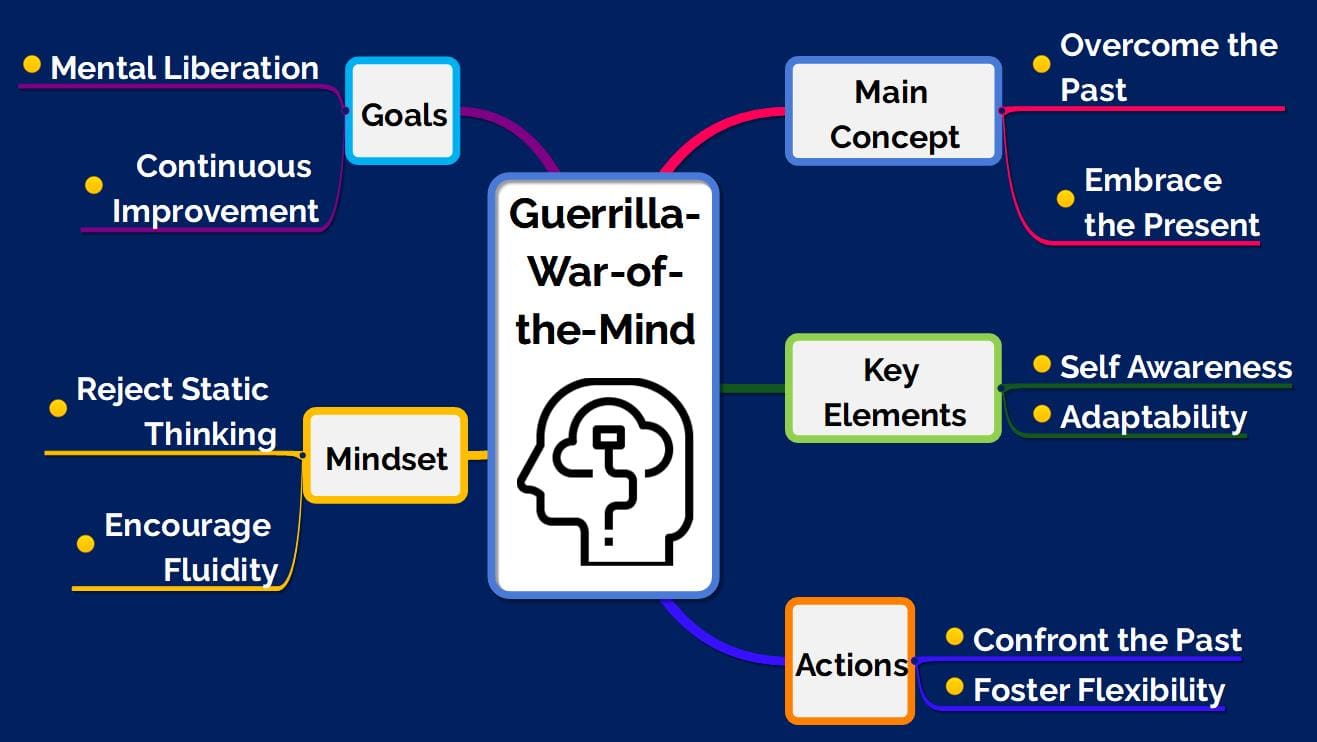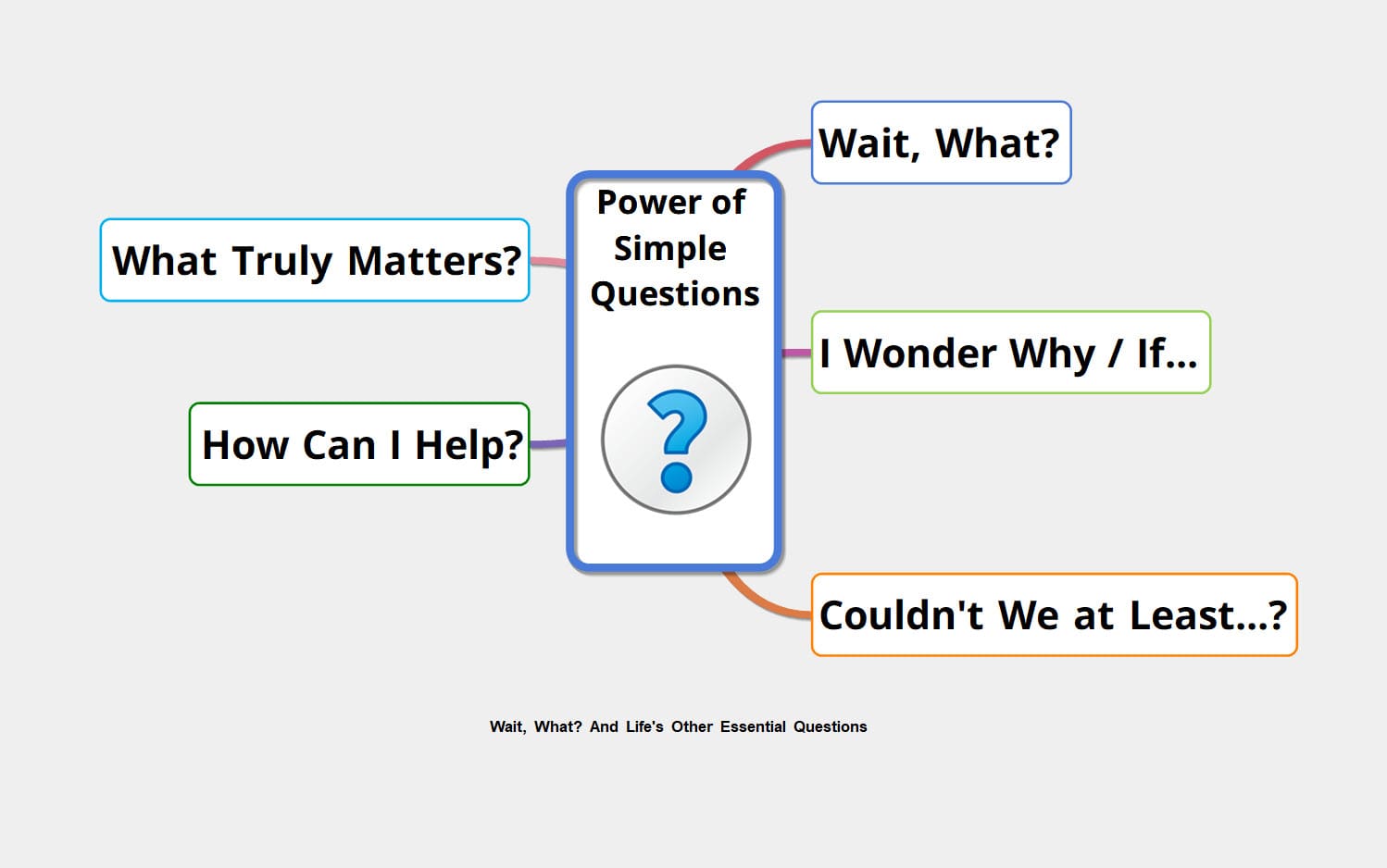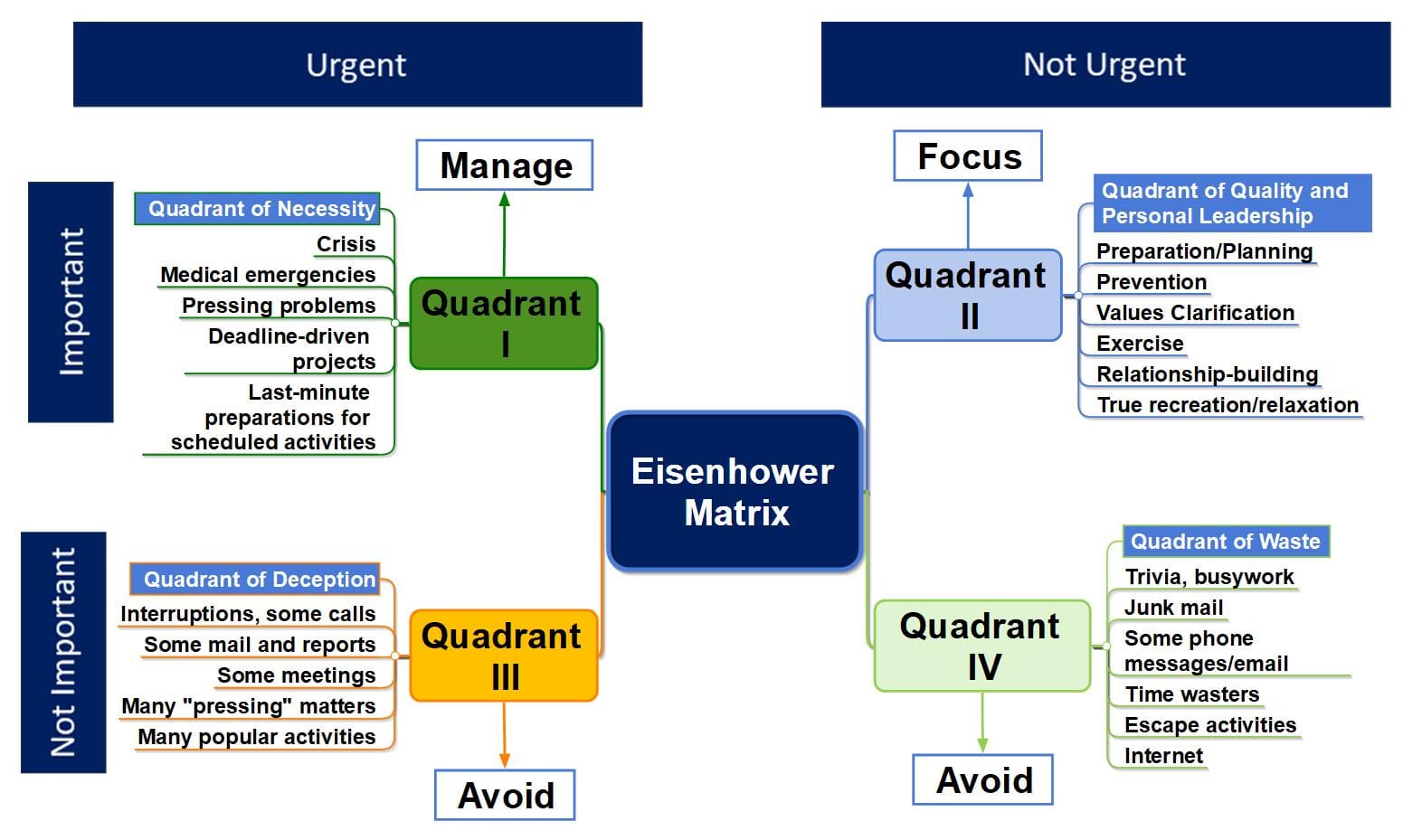Emotional Intelligence (EI), a term coined by psychologists John Mayer and Peter Salovey, has gained undeniable prominence in recent years. It was Daniel Goleman, however, who brought EI to the limelight with his book “Emotional Intelligence: Why It Can Matter More than IQ.” Goleman argues that these skills, often dismissed as ‘soft,’ are integral to personal and professional success.
Emotional Intelligence refers to our ability to understand and manage our emotions and those of others. It encompasses self-awareness, self-regulation, motivation, empathy, and social skills. These traits enable us to navigate our social environment effectively, fostering stronger relationships and better decision-making.
Self-awareness, the cornerstone of EI, advocates for acknowledging our emotions. Recognizing our feelings and understanding their impact on our thoughts and actions helps us align our behavior with our values. Self-regulation allows us to manage disruptive emotions and impulses, facilitating emotional balance.
On the other hand, motivation relates to our drive to achieve for the sake of achievement. Goleman suggests that individuals high in EI are not merely motivated by money or status, but by an inner desire to achieve their goals.
Empathy, another key component, refers to understanding other people’s emotions. This understanding aids in building stronger, more meaningful relationships, a skill crucial in any work environment. Finally, social skills involve managing relationships to move people in desired directions. It involves effective communication, conflict management, and promoting a positive environment.
According to a study published in the Journal of Vocational Behavior, employees with high emotional intelligence are better equipped to handle workplace stress, display greater job performance, and exhibit leadership skills. These individuals can understand, interpret, and respond to the emotions of their colleagues, fostering a more harmonious and productive work environment.
However, the importance of emotional intelligence extends beyond the workplace. In personal relationships, EI facilitates deeper connections, effective communication, and conflict resolution. It empowers individuals to express their feelings constructively, understand others’ emotions, and respond empathetically.
While it’s clear that emotional intelligence is crucial, it’s important to note that it’s not a fixed trait. Through self-awareness, mindfulness, and practice, anyone can cultivate and improve their EI. As we strive to become better versions of ourselves, let’s not overlook the power of emotional intelligence in enriching our personal and professional lives.
By giving emotional intelligence the attention it deserves, we can unlock a new dimension of personal growth and professional success. As Goleman rightly said, “In a very real sense we have two minds, one that thinks and one that feels. And it’s the latter that is the key to true success.”
So, let’s embrace emotional intelligence, understanding and managing our emotions, and in doing so, navigate life with more confidence and grace. After all, our Emotional Intelligence is not just about us; it’s also about how we affect those around us.







